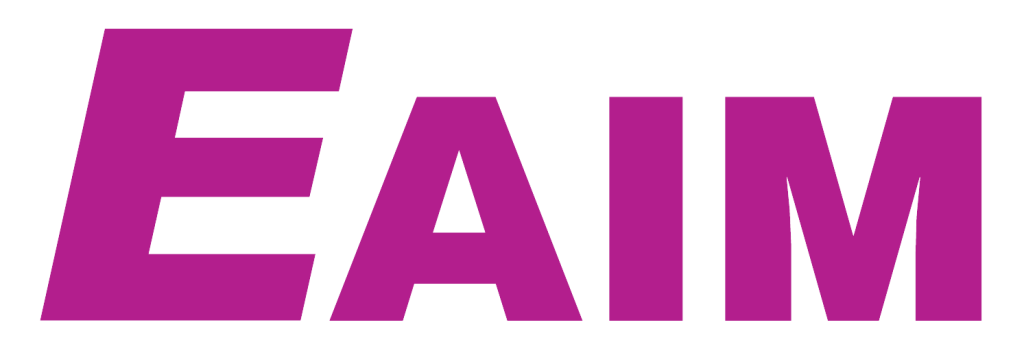Master of Arts
In International Tourism and Hospitality Management

About the Programme
The Master of Arts in International Tourism and Hospitality Management course will equip students with an agile, reflexive and critical thinking skills which are vital for success in a modern organisation. The course is unique in bringing together the two subject areas and teaching on the course is undertaken by experienced practitioners. The course is based around four core pillars of digital business, sustainable business, innovative business and responsible business and students will explore the functional areas of business through these themes giving them an immersive experience which will result in a thorough understanding of the challenges and opportunities faced by organisations in the 21st century.
This course is designed to equip professionals to undertake a range of diverse operational and strategic management roles within the hospitality and tourism sectors.
Programme Highlight

Introduced to application of management concepts relating to hospitality and event organisations, including tourism planning, destination management and hotel related operations

Work with technology and tools associated with the management of hospitality and tourism to create exceptional consumer experiences

Gain knowledge in the use and management of a range of property and venue types, ranging from B&Bs to mixed development properties

Develop skills in enterprise, employability and entrepreneurship necessary for the creation of tourism and hospitality business in a wide range of settings

Programme
Modules
The module will focus on the contemporary research area and global cases of Tourism and Hospitality. The module will cover a wide range of topics based on the recent research areas from Innovation, Competitiveness, Digitalisation of tourism and hospitality business to diversification, Leadership and People’s management and Emerging market issues.
This module explores the management of hotel and accommodation business examining trends and practices in the context of developments in the digital age. It examines sector practices in the areas of technology adoption, security management, corporate social responsibility (CSR), profitability and service delivery. The module also provides students with critical understanding of the role of entrepreneurship in the development of hotel and accommodation business
Innovation is vitally important for modern enterprises in the development of products and services. Advances in technologies, changing customer behaviours and globalisation are all providing opportunities for new business models. This module explores ways of managing innovation and entrepreneurship and developing and creating new ventures. The module is concerned with the achievement of organisational objectives whilst making efficient use of its resources. This module will examine a wide range of business operations management concepts in the production of goods or services, the module will also look critically at the strategic planning process by assessing both the internal and the external environment of an organisation, followed by selecting a number of strategic options, actions and choices to achieve organisational objectives. The module will help develop skills in identifying, formulating and solving business problems through creative and entrepreneurial processes. The ability to recognise the need for and initiate change will be developed through the use of business cases.
This module provides an in-depth investigation into the sustainable development of tourism. It looks at the underpinning theories, practical techniques and current issues which are of relevance to those seeking to develop tourism resources at a national, regional and sub-regional level. Students will encounter a wide range of issues related to the development of tourism in both the public and private sectors. The module also aims to provide a rigorous understanding of the implications of tourism development and to deliver a detailed critical examination and evaluation of techniques and methods available to planners and developers of tourism.
Effective leaders, managers, citizens and employees need to be capable of basing their decision-making on information and knowledge derived from research. The aim of this module is to contribute to the research knowledge and skills appropriate for a taught master’s programme and relevant for careers in professional or management roles. The participant is required to produce a dissertation, at an advanced level, based on independent research. This should demonstrate an understanding of the philosophy and core principles of research (empirical or non-empirical) and show their competence in the design, execution and reporting of a research-based dissertation. In this way the participant’s ability is developed to carry out subsequent research, independently and to commission, manage and evaluate the research activities of others. Therefore, the knowledge and skills acquired in the module and of producing the project, will contribute to the student’s effectiveness throughout her/his career.
Course Details
Study Mode & Duration
Full-time 12 months
Part-time 12 months
Intakes
No Schedule
Average Teacher-Student Ratio
1:80 (Classroom-based lecture)*
1:40 (Workgroup session)
*Classification based on Classrooms A01 and A02, which can be combined to accommodate up to 80 students.
Registration
1 months prior to intake date
Assessment
100% coursework
Graduation Requirement
• Must pass all modules.
• Must achieve an overall attendance of 90% (International Student) and 75% (Local Student)
Career Opportunities

Hospitality and Tourism Educator

Hospitality Consultant

Travel Entrepreneur

Cultural Tourism Specialist

Corporate Social Responsibility (CSR) Coordinator in Hospitality
Entry requirement
Age: Minimum 19 years old
Academic Minimum Entry Requirement
- An Undergraduate Honours Degree (2:2 or above) from a UK university or overseas equivalent
- A professional qualification and/or experience considered to be equivalent to a degree will be assessed on an individual basis
- Other qualifications will be assessed on a case-by-case basis and the final decision rests with the university.
English Language Minimum Entry Requirement
Application Procedure
Interested applicants can contact us through any of the following methods:
- Email: enquiries@eaim.edu.sg
- Call: (65) 6252 5500
Course Fees
- The Application Fee is a one-time payment and is non-refundable.
- The Adminstration Fee includes STP fee (for International students only), FPS Insurance, medical insurance, etc.
- Prices are effective from 23 January 2026.
- All prices are inclusive of prevailing Goods & Services Tax (GST) of 9%.
- Start of class is subjected to minimum class size of 10 achieved.
- Other miscellaneous fees may apply. Click here to view a sample of EAIM standard PEI-Student Contract and Miscellaneous Fees.

